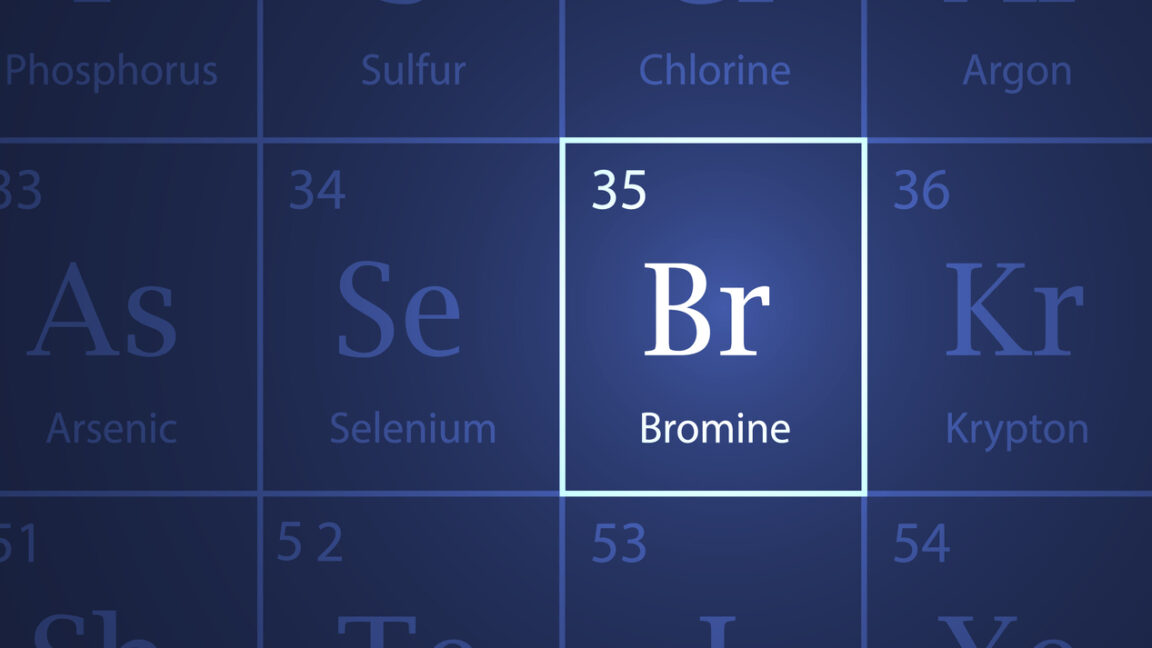- cross-posted to:
- technology@beehaw.org
- cross-posted to:
- technology@beehaw.org
After seeking advice on health topics from ChatGPT, a 60-year-old man who had a “history of studying nutrition in college” decided to try a health experiment: He would eliminate all chlorine from his diet, which for him meant eliminating even table salt (sodium chloride). His ChatGPT conversations led him to believe that he could replace his sodium chloride with sodium bromide, which he obtained over the Internet.
Three months later, the man showed up at his local emergency room. His neighbor, he said, was trying to poison him. Though extremely thirsty, the man was paranoid about accepting the water that the hospital offered him, telling doctors that he had begun distilling his own water at home and that he was on an extremely restrictive vegetarian diet. He did not mention the sodium bromide or the ChatGPT discussions.
…
A century ago, somewhere around 8–10 percent of all psychiatric admissions in the US were caused by bromism. That’s because, then as now, people wanted sedatives to calm their anxieties, to blot out a cruel world, or simply to get a good night’s sleep. Bromine-containing salts—things like potassium bromide—were once drugs of choice for this sort of thing.
Unfortunately, bromide can easily build up in the human body, where too much of it impairs nerve function. This causes a wide variety of problems, including grotesque skin rashes (warning: the link is exactly what it sounds like) and significant mental problems, which are all grouped under the name of “bromism.”
Bromide sedatives vanished from the US market by 1989, after the Food and Drug Administration banned them, and “bromism” as a syndrome is today unfamiliar to many Americans. (Though you can still get it by drinking, as one poor guy did, two to four liters of cola daily [!], if that cola contains “brominated vegetable oil.” Fortunately, the FDA removed brominated vegetable oil from US food products in 2024.)



I tried asking ChatGPT 4o mini what I could substitute the chloride in sodium chloride with.
It suggested potassium chloride (not responsive to my question, but safe at least), vinegar and yeast first. Then I prompted it that potassium chloride still had chloride, and to keep the sodium but only change the anion. Suggestions (with my commentary in brackets) Sodium Bicarbonate (safe), Sodium Citrate (safe), Sodium Acetate (safe), Sodium Sulfate (irritant - if swallowed get medical attention, do not induce vomiting), Sodium Phosphate (former purgative for colonoscopy prep, replaced with safer alternatives - but probably not super harmful for most), Sodium Lactate (relatively safe).
I then prompted it specifically for sodium halide options. It suggested:
My next prompt tried to force me to log in (which would have selected another model).
I tried a separate time with ChatGPT for GPT-5. It gave slightly safer advice on the sodium halide: “So if you want to keep sodium but replace chloride, halides aren’t really a safe route except for trace iodide in fortified salt”. I then prompted it about sodium phosphate, and then asked it to extend to nitrate, arsenate, and antimonate. It correctly advised that nitrate is only suitable in a preservative blend, and that sodium arsenate and sodium antimonate should not be used in any quantity in food. Regenerating that answer seems to consistently advise not to eat arsenate or antimonate at least!